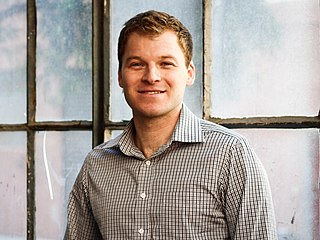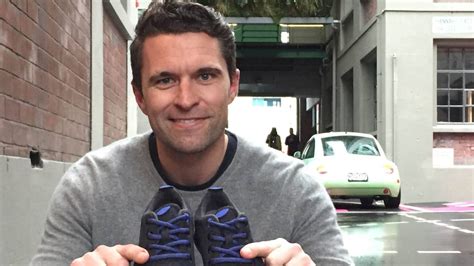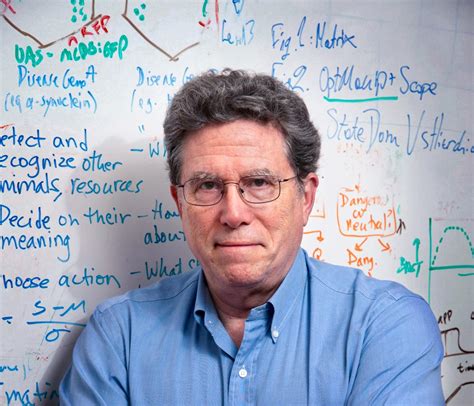A Quote by Chris Argyris
Most people define learning too narrowly as mere 'problem-solving', so they focus on identifying and correcting errors in the external environment. Solving problems is important. But if learning is to persist, managers and employees must also look inward. The need to reflect critically on their own behaviour, identify the ways they often inadvertently contribute to the organisation’s problems, and then change how they act.
Quote Topics
Act
Also
Behaviour
Change
Contribute
Correcting
Critically
Define
Employees
Environment
Errors
External
External Environment
Focus
How
Identify
Identifying
Important
Inadvertently
Inward
Learning
Look
Managers
Mere
Most
Must
Need
Often
Organisation
Own
People
Persist
Problem
Problem-Solving
Problems
Reflect
Solving
Then
Too
Ways
Related Quotes
People often get racism mixed up with bigotry or prejudice. We need to get our terminology straightened out. We obviously have racial problems that need solving. The first step in solving a problem is to identify it. If we keep mis-identifying bigotry and prejudice as racism we'll never make any headway
I am at my happiest when I'm problem solving and a large part of writing is for me a lovely labor in problem solving. Every act of discovery in writing involves a process of figuring out why I'm not seeing what I need to see. Niggling feelings, discomforts, a sense that you've forgotten or overlooked something, a sudden curiosity about what if here? - these are priceless. They are the bases of problems and lead the way.
I define democracy as control by the people. Slaves are those who allow others to control their lives. Insofar as people succeed in solving their problems fairly and efficiently at a grassroots level, they retain control over their lives. Insofar as they delegate their problem solving to a higher authority, they lose control over their lives.
My hope is that design thinking becomes an innovative discipline and not just the trend of the decade. As a nation and globally, we have some of the biggest problems to solve we have ever faced. We need innovative ways to solve our problems and communicating the solutions will be paramount. Original thinking, complex problem solving, and collaboration are all important skills for our future.

































